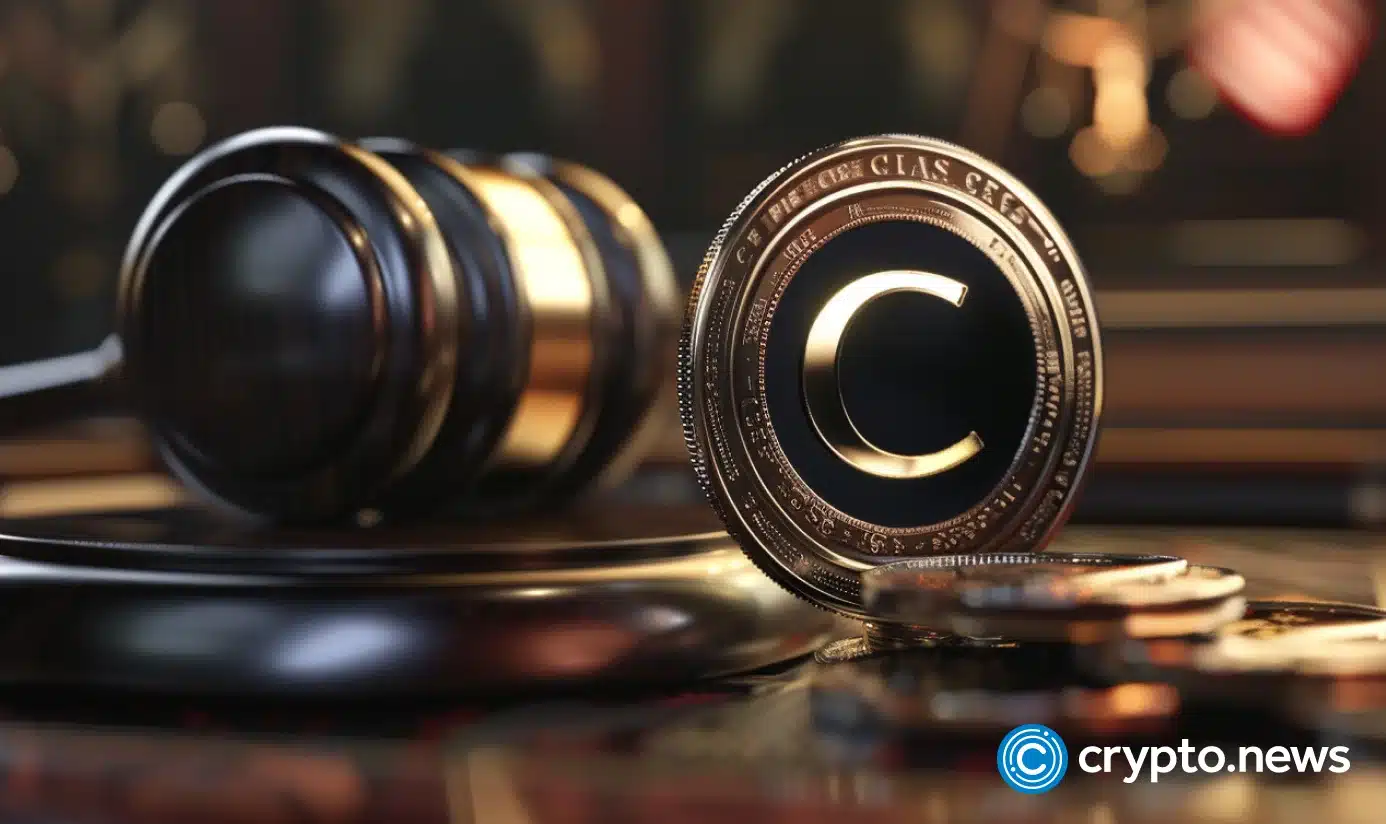

Celsius Network has started its third repayment, sending $220.6 million to creditors as part of its ongoing reorganization plan.
Summary
- Celsius launched its third payout on Aug. 20, distributing $220.6M to creditors.
- Total recovery now stands at 64.9%, with a final target of 67–85%.
- Some creditors may also receive equity in Ionic Digital, its new mining firm.
Celsius announced on Aug. 20 that it has started its third round of distributions, totaling $220.6 million. This brings total recoveries to 64.9% of creditor claims. According to the company, the repayment includes both cryptocurrency and cash, distributed through platforms such as Coinbase, PayPal, Venmo, and Hyperwallet.
The distribution follows two payment rounds, with $127 million distributed in November 2024 and a $2.53 billion payout to more than 251,000 creditors in early 2024.
The reorganization plan, which was approved by 98% of creditors in 2023, aims for a 67%–85% eventual recovery. Celsius’s mining arm may also give some creditors stock in Ionic Digital Inc., a Bitcoin (BTC) mining company.
Celsius has requested that eligible creditors update their information through the official claims portal in order to prevent delays in payment. Some claimants may encounter additional delays as a result of ongoing legal and regulatory issues that affect repayment eligibility.
From collapse to partial recovery
Celsius’s bankruptcy in July 2022 was primarily caused by risky financial practices, market volatility, and poor liquidity management. At its peak, the platform, which relied on unsecured lending and leveraged trading, promised annual returns of up to 18%.
The 2022 market crash, worsened by exposure to Terra-Luna and decentralized finance losses, forced Celsius to freeze withdrawals and ultimately file for Chapter 11 with a $1.2 billion deficit.
The collapse led to the loss of billions of dollars in customer funds, regulatory crackdowns, and lawsuits against its leadership. Even though the repayment period is now past the halfway point, many creditors still experience a slow recovery that falls short of full compensation.

Source link

